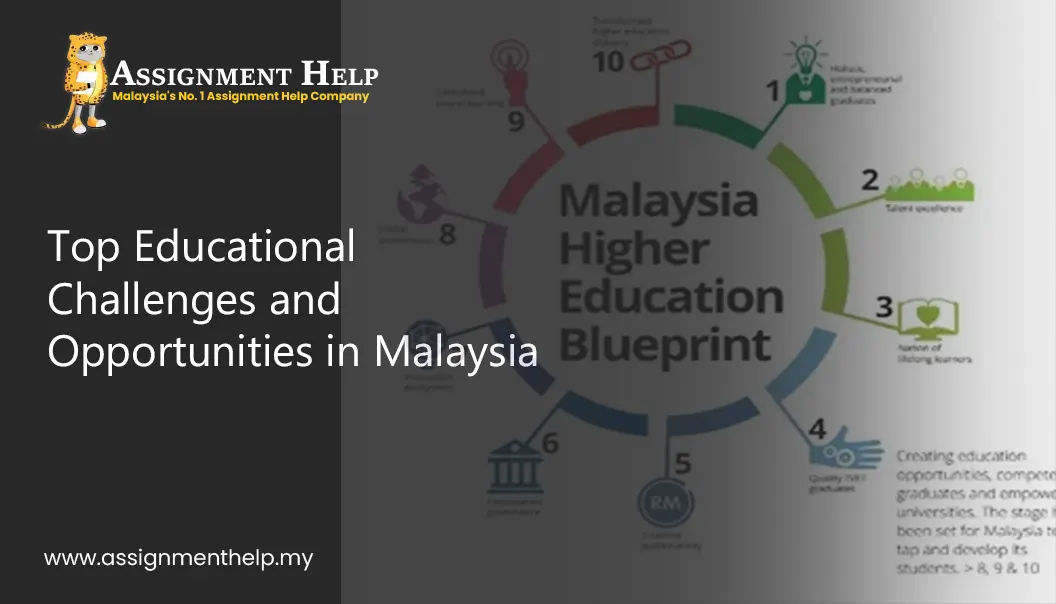Malaysia has achieved significant strides in higher education, particularly in terms of the quantity of graduates generated by both public and private institutes of higher learning (IHL). Due to graduates’ incapacity to put what they have learned into reality, Malaysian industries have recently expressed their displeasure with management education. The IHL has received most of the blame for failing to provide the caliber of graduates that the business requires.
Issue # 1 Questionable Quality
The ever-growing number of institutions and schools offering undergraduate and postgraduate courses in management education has been one of the major problems in Malaysian management education. This has led to a recurrent concern about the caliber of education.
Issue # 2 Untrained Academic Staff
The institutes are exhibiting bad business acumen by disregarding the true consumer, the industry, or the corporate recruiter, due to insufficient infrastructure, and academic personnel that lack training, and managerial skills.
Issue # 3 Engagement Issue
It’s crucial to keep kids interested, especially younger secondary school students. In many nations, dropout rates are still very high, and a protracted period of disengagement can cause them to rise even higher. Learning math and science is simply one aspect of attending school; peer interactions and social interactions are also important. It is about gaining civic education and social development. It is crucial to maintain contact with the school in any way possible because of this.
Issue # 4 Lack of leadership
Another professor at a private university made a comment about the lack of leadership at his institution. One of the key issues that prevent the growth and effectiveness of many private institutions and management schools, according to an academic from a private university in northern peninsular Malaysia, is weak leadership and a lack of dedication and drive from senior management.
Opportunities # 1 ICT Use
A high-tech solution that enables live streaming with interactive distance learning and the use of various smart devices and platforms for students and teachers, building on the previous two phases, might result from the long-term rejuvenation phase. Systems for managing learning, assessments, teacher assistance, school management, and parental and student support are a few examples of these.
In order to improve student performance, schools will be able to customize and tailor the learning experience for each student by monitoring their progress through enhanced digitalization before, during, and after lessons. To enable live streaming, virtual courses, and immersive learning everywhere and anytime, more investment will be needed in teacher preparation, material, and digital infrastructure (such as high-speed internet in homes and schools).
Opportunities # 2 Employee Training
These schools had extremely disciplined teachers who concentrated their efforts on carrying out their daily lesson plans each and every day of the year. Simple notes on how each day went were made in their “logbook,” and they identified areas that needed improvement. Clearly, this commitment to action was a key success element. The principals or school inspectors were required to review these logbooks and reports and offer continuous help, according to these teachers.
Opportunities # 3 Parental Involvement
These top-performing schools’ parents showed a complete dedication to their children’s education. These parents made it a daily priority to see to it that their kids showed up for school and finished their assignments. They also kept an eye on their kids’ development and frequently spoke with teachers about their kids’ need for remedial work. SK Taman Megah (SKTM), one of Malaysia’s top-performing schools, was run by an enthusiastic principal who was determined to involve parents. She listened to every parent’s criticism and tried to find a solution, which inspired the parents to join in on the solution. Their complaints were turned into chances for cooperation, whether it was coping with water shortages or power outages.
Concluding Remarks
This is also a time for all pupils to learn how to be better citizens and to build their socio-emotional abilities. The importance of parents and families, which has never diminished, is crucial to completing that mission. Therefore, a lot of the aid that educational ministries offer, along with guidance from Malaysian Assignment Helper and working through the media, should also go to parents. They can be given guidance on how to properly help their children via radio, TV, and SMS communications. A promising methodology that could have been the legacy of the new government was abandoned despite being straightforward, simple to apply, appropriate for the task at hand, and clearly demonstrating outcomes.


